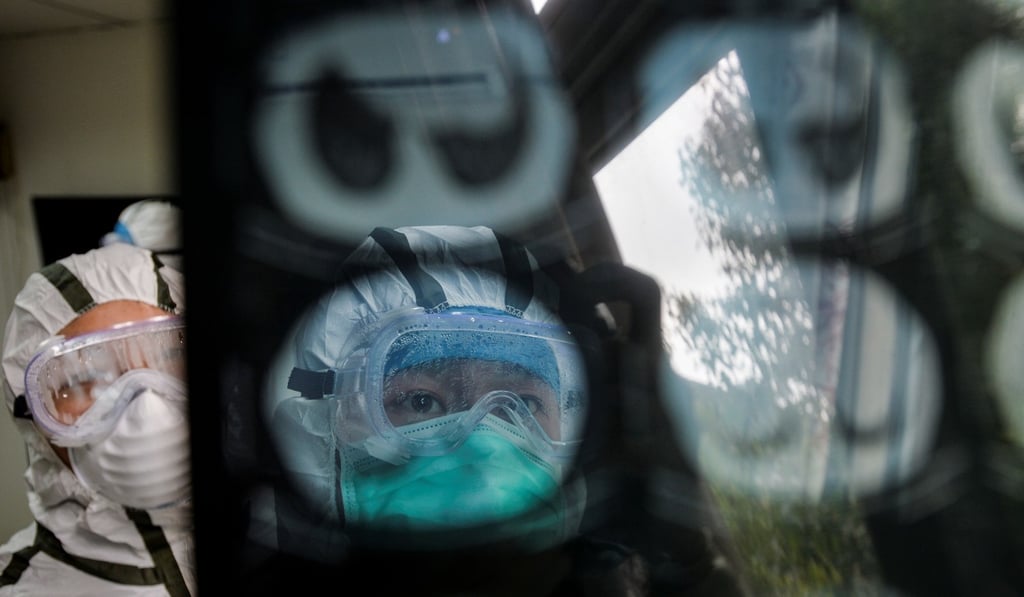Opinion | From climate change to the coronavirus, complex adaptive systems thinking is key to handling crises
- The theory recognises that the world’s human and natural systems are dynamic and characterised by complex interrelationships
- Governments must take the multisectoral, interdisciplinary steps required to understand and address the risk of pandemics before they arise

Complex adaptive systems thinking emerged in the 1980s. It is based on the recognition that the world’s human and natural systems are non-linear, characterised by complex interrelationships, and dynamic. As a result, the challenges we face, including the coronavirus, are borderless, integrated and interconnected, often in unseen ways.
The outbreak and spread of the coronavirus represent a classic example of what happens when we fail to address our challenges as parts of one system. Demand for certain animals – for food, cultural and other reasons – now brings people increasingly into close contact with animals that can carry deadly viruses, likely including the coronavirus, thereby putting humanity at risk of the next pandemic.
Governments have failed to recognise the complexity that characterises this risk. They thus have failed to take the multisectoral, interdisciplinary steps required to understand and address the risk of pandemics before they arise. The current outbreak has occurred as a result of this failure.
Much still is unknown concerning the nature of China’s response to the emerging disease. Some believe it deserves credit for being aggressive. But it appears clear that the Chinese government did too little to empower those who might have understood, and prevented, the outbreak. In addition, during the critical early days of the outbreak, China’s state security system took over the response, minimising the concerns of medical professionals and others with expertise. Lamentably, some other countries dependent on China have been slow to take action, fearful of Chinese economic retaliation.

Imagine a different scenario. Suppose the Chinese authorities had given primary responsibility to medical and scientific personnel to address the underlying systemic reasons a virus might emerge. Epidemiologists might have identified the animal hosts of the virus and made recommendations on how to prevent an outbreak. Live markets might have been closed. Other changes might have been suggested concerning how domesticated animals are raised and used.
Medical supplies and capacity might have been increased in critical locations. Interactions between humans and wild animals could have been minimised. And other countries could have been encouraged to take appropriate actions, undeterred by the fear of retaliation.
